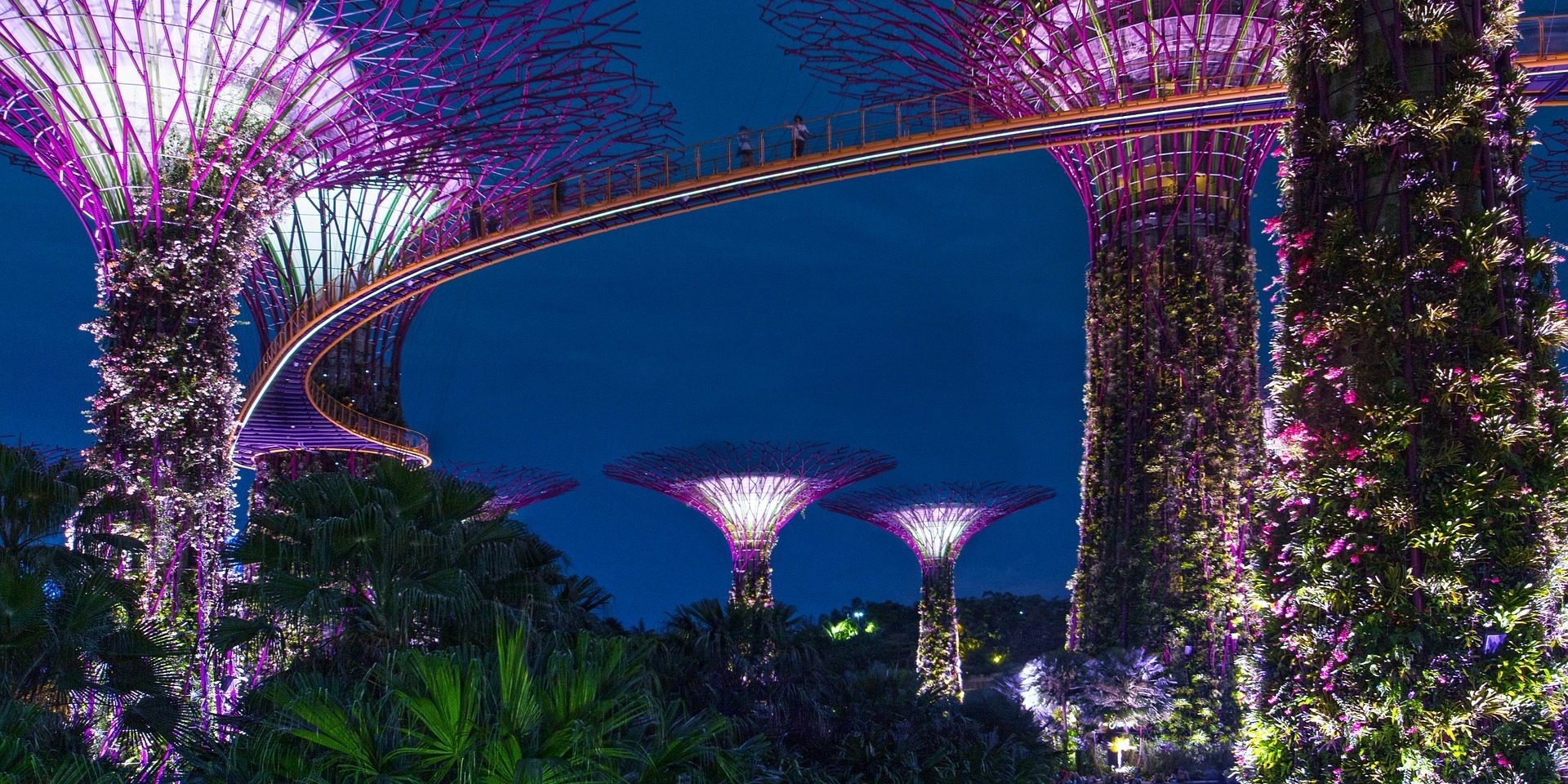Author | Diana PardoIncreased vegetation in cities improves the quality of air for their inhabitants, therefore improving the heath of residents as well. This is an indisputable fact, which is now being recognised by many, as demonstrated by the initiatives to create urban forests. What few people know is that green areas can also have a positive impact on the economy of cities.Various studies have shown that cities with more vegetation achieve greater social and economic sustainability than those with barely any trees and plants. The factors behind this are numerous, but they can be classified relatively easily.
Vegetation: a powerful economic asset
The ways in which urban reforestation can affect the economy of a city are numerous, but one of the most notable in terms of the actual citizens, is the increased value of property. Communities or residential areas that include trees and gardens in their external areas, increase the value of their properties on the real estate market. The presence of parks and gardens, spaces in which to practice sports or the mere presence of nature is undoubtedly an attractive aspect for purchasers and tenants.Furthermore, green areas provide intangible, yet very useful benefits, such as their ability to purify the air. Through the process of absorbing pollutants and the generation of areas with cleaner air, respiratory diseases can be reduced. A significant correlation has also been identified between cities with a large number of parks and walking areas compared with those that favour asphalt.The benefits of fostering physical activity, even a simple stroll, are undeniable for workers. Healthy individuals will have less time off work due to sickness and will perform better at work. They will also have less of an impact on the health systems, which is an important factor given the pace of population ageing.In addition to this, there are other advantages, such as the appeal for tourism and particularly better quality tourism. And of course, maintaining these areas cannot be ignored, since companies and workers are required in order to guarantee that these areas are kept in good condition.
One tree for every three inhabitants: a simple goal with huge benefits
According to the World Health Organisation (WHO), just one tree for every three inhabitants is required for a city to have ideal air quality. It also establishes a minimum of between 10 and 15 square metres of green area per inhabitant. A bit more complicated to achieve, but not impossible.Urban reforestation will enable us to improve other aspects such as energy efficiency. Trees are essential for regulating the temperature in cities and by maintaining an urban forest system or simple green areas, we can put a stop to urban heat islands.According to a study on the regulation of temperature in urban forests conducted by the United Kingdom’s Forestry Commission, strategically planting trees and plants can reduce the temperature by between 2 and 8 degrees. This means energy consumption through the use of air conditioners during the warmer months will be drastically reduced, giving infrastructures a respite and reducing maintenance costs of companies of all sizes.Lastly, another significant environmental benefit of urban and forest land areas, is in cities exposed to rough weather and tornados. Trees make excellent windbreaks and they regulate the flow of water, proving to be essential in the event of floods. Perennials or mature evergreens, for example, can intercept more than 15,000 litres of water per year. The use of the right species for the land could therefore be vitally important and it is an aspect still to be explored in depth in the resilience of cities.Images |Jan Vašek, Michael Siebert






















































